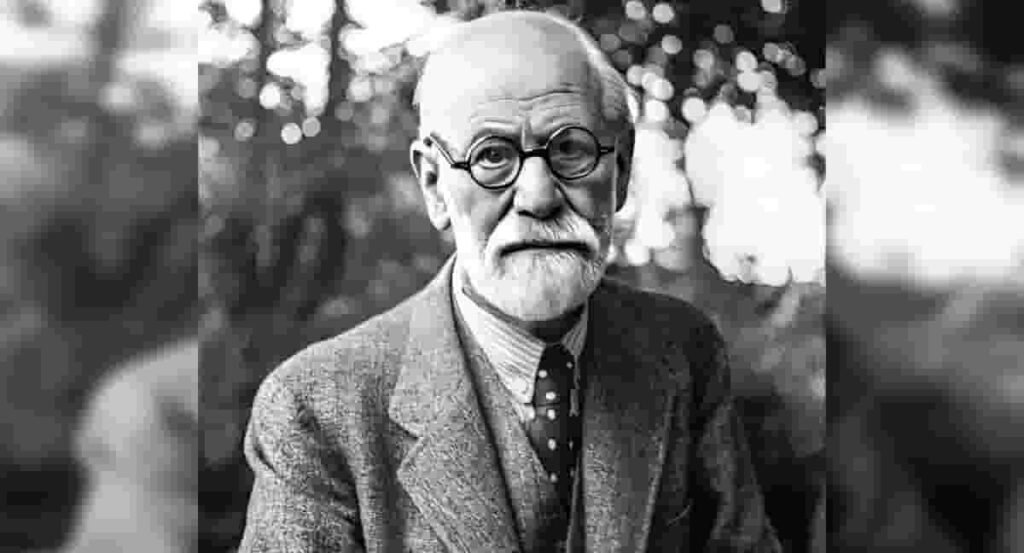Acharya Chanakya, also known as Kautilya or Vishnugupta, was an ancient Indian teacher, philosopher, economist, and political strategist. He is best known as the author of the ancient Indian political treatise called “Arthashastra.” His influence on Indian polity, economics, and governance has been profound, and he is often regarded as one of the greatest strategists in Indian history.
Early Life and Background
Chanakya was born in ancient India around the 4th century BCE. There are differing accounts regarding his birthplace, but many believe he was born in a Brahmin family in Takshashila (modern-day Taxila in Pakistan). From a very young age, Chanakya displayed precocious intelligence and a strong inclination toward learning.
He studied at the renowned ancient university of Takshashila, where he mastered subjects like economics, politics, and administrative strategies. His early experiences and education laid the foundation for the profound doctrines he would later advocate.
Role in the Mauryan Empire
Chanakya played a pivotal role in the establishment of the Mauryan Empire. He identified the potential of a young boy named Chandragupta Maurya and mentored him to overthrow the ruling Nanda dynasty. With Chanakya’s astute political and military strategies, Chandragupta succeeded in uniting a large part of the Indian subcontinent under the Mauryan rule.
As Chandragupta’s chief advisor, Chanakya was instrumental in shaping the administration, economy, and diplomatic relations of the empire. His strategies and policies emphasized ethics, discipline, and pragmatism in governance.
Arthashastra – A Masterpiece of Governance
The “Arthashastra” is Chanakya’s magnum opus, an extensive treatise on statecraft, economic policy, and military strategy. The text touches upon a broad range of topics including trade, taxation, law enforcement, foreign policy, espionage, and welfare.
The “Arthashastra” explores:
- The duties of a king and his ministers
- How to maintain law and order within a state
- Strategies to safeguard the sovereignty of the nation
- Economic policies for a thriving state
- Diplomacy and the role of spies
Many of its principles are still considered to be relevant, showing Chanakya’s forward-thinking approach.
Ten Rules of Acharya Chanakya
Acharya Chanakya’s teachings included timeless principles that continue to inspire people. Here are ten rules derived from his philosophies:
- Self-Discipline: Discipline is crucial for personal and professional success. Without it, one cannot achieve goals.
- Strategic Thinking: Plan ahead and always have a strategy for achieving your objectives.
- Work Ethic: Don’t expect success without putting in effort. Hard work always leads to rewards.
- Leadership: A good leader understands their followers’ strengths and weaknesses and motivates them effectively.
- Use of Resources: Make optimal use of available resources; avoid wastage.
- Protection of Interests: Safeguard your interests and be cautious of potential threats to your well-being and goals.
- Education: Knowledge and learning are consistent with achieving a fulfilling life.
- Fearlessness: Face challenges head-on and overcome fear with courage.
- Building Alliances: Form alliances strategically for the mutual benefit of parties involved.
- Practicality: Be pragmatic in your approach. Ideals are important, but results matter in the end.
Legacy and Influence
Acharya Chanakya’s wisdom extended beyond his era, influencing political and economic strategies across centuries. He is celebrated for his pragmatic outlook and deep understanding of human nature. His teachings on leadership and governance continue to inspire individuals and institutions alike.
Modern interpretations of Chanakya’s philosophies have appeared in various books, and his ideas have been studied in the context of personal development and management practices.
Conclusion
Acharya Chanakya was not just a scholar but a visionary whose principles have stood the test of time. His contributions to statecraft and governance remain unparalleled. Through his work and his extraordinary mentorship of Chandragupta Maurya, he laid the foundation for a unified India and left behind a treasure trove of knowledge for future generations.


